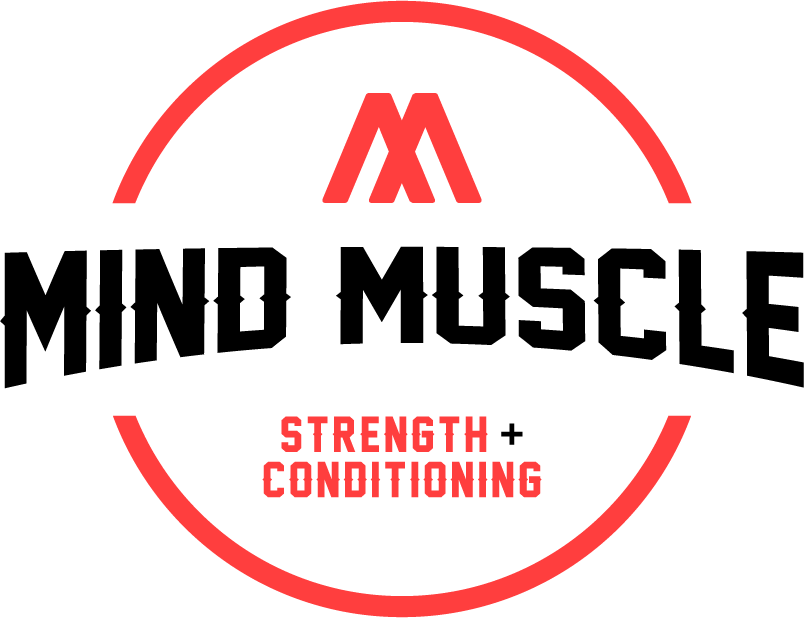Do Excess Carbs Turn To Fat?
MODULE 4 Foundations of Evidence-Based Nutrition
Unit 3 - The Role Of Carbohydrates In Health And Performance
The short answer is no.
Or at least, not very easily.
But that doesn't mean you get free rein to eat as many carbs as you like.
Energy balance still matters.
What actually happens is the dietary fat you eat is what gets turned into stored body fat, when in a calorie surplus.
This is because the process of turning carbohydrate into free fatty acids (De Novo Lipogenesis), which can then be stored fat, is inefficient for the body.
Even in cases of excessive overfeeding, a high amount of carbohydrates needs to be consumed in order for DNL to occur.
"So does that mean if I go VERY low fat, I can overeat and not gain body fat?"
Sadly, it's not that simple.
You need fat to live.
So dropping fat to zero will cause significant health problems and is not advised. In cases of a structured re-feed (an approach typically used in bodybuilding competition prep) a very high carb, very low fat approach may be utilised for short periods of time (ie a few days).
Bottom line. Carbs rarely turn to stored body fat.
It's the dietary fat you consume that is stored as fat in a surplus.
Don't try to avoid fat altogether. You need it for a healthy life.
So, monitor calories instead, and don't worry about carbs turning into fat if you consume them late at night.
Here's some research covering topics of DNL and carbohydrate overfeeding. Warning! These are pretty technical.
Measurement of triglyceride synthesis in humans using deuterium oxide and isotope ratio mass spectrometry. (Leitch & Jones, 1991) (PubMed Link)
Glycogen storage capacity and de novo lipogenesis during massive carbohydrate overfeeding in man. (Acheson et al, 1988) (PubMed Link) (Full Text)
Concept of fat balance in human obesity revisited with particular reference to de novo lipogenesis. (Schultz, 2004) (PubMed Link)
